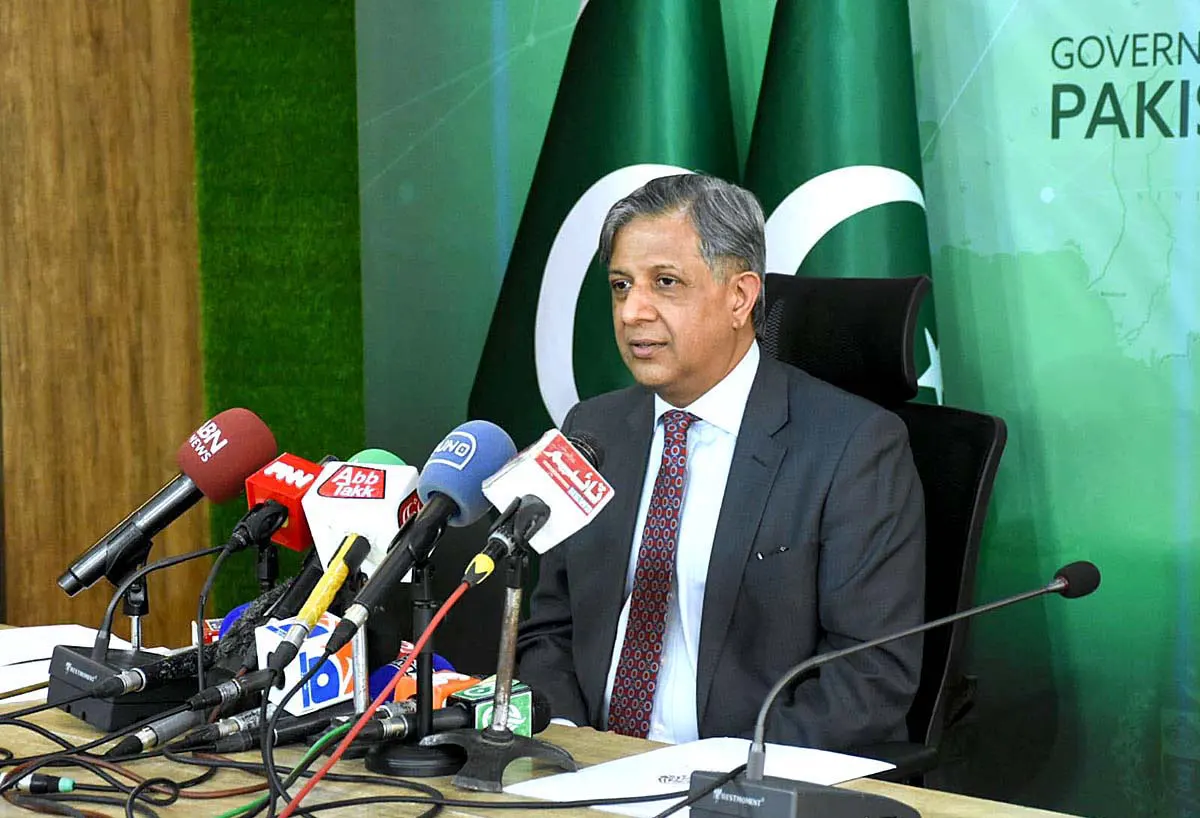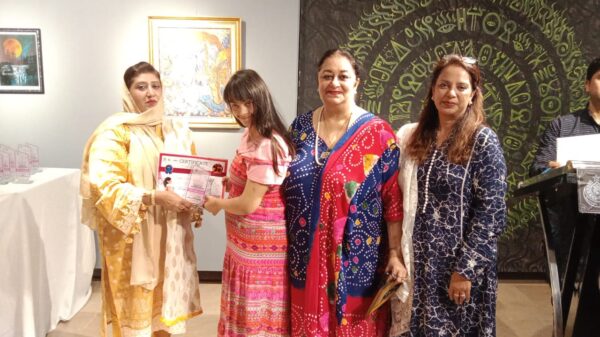Law Minister Azam Nazeer Tarar announced on Thursday that the federal government plans to present a letter from six judges of the Islamabad High Court (IHC) alleging interference in judicial affairs by the country’s intelligence apparatus to the federal cabinet for consideration. The cabinet will then decide on the formation of an inquiry commission.
Tarar made these remarks during a press conference in Islamabad after a meeting between Prime Minister Shehbaz Sharif and Chief Justice of Pakistan (CJP) Qazi Faez Isa earlier in the day. Present at the meeting were Tarar, Attorney General of Pakistan (AGP) Mansoor Usman Awan, and other officials.
This meeting between the Prime Minister and the Chief Justice was deemed significant by legal experts, distinguishing it from previous interactions between former Prime Minister Shahid Khaqan Abbasi and former CJP Saqib Nisar.
Following the meeting, CJP Isa called for a second full court meeting within two days.
These developments occurred after the apex court held a full court meeting to address allegations made by six IHC judges regarding interference in judicial matters by the intelligence apparatus.
A source revealed that during the previous meeting, there was discussion about initiating suo motu proceedings under Article 184(3) of the Constitution in response to the letter, but no final decision was made. AGP Awan had also described the situation as alarming and in need of a thorough investigation.
Tarar emphasized the necessity of investigating the matter and stated that the government would present the judges’ letter to the federal cabinet. The Prime Minister will aim to appoint a neutral, retired legal personality to head an inquiry commission, which will investigate the allegations and submit a report.
He further stated that the inquiry commission’s initial terms of reference would be developed by himself and the AGP, encompassing both current and past events within legal and cabinet constraints.
Tarar clarified that the names under consideration to head the commission would not be disclosed initially, as the matter falls under the cabinet’s jurisdiction. The commission’s formation is expected to be announced within two to four days after the cabinet session.
Additionally, Tarar mentioned that CJP Isa has agreed to the formation of an inquiry commission. He stressed the need for such matters to be transparently addressed to prevent recurrence.
The Pakistan Tehreek-e-Insaf (PTI) Core Committee rejected the government’s decision to establish an inquiry commission. However, former AGP Ashtar Ausaf advocated for a neutral inquiry commission to investigate the allegations.
The Pakistan Bar Council (PBC) also expressed concern over the situation and emphasized the need for a proper investigation.
In a letter to the Supreme Judicial Council (SJC), six IHC judges outlined instances of alleged interference and intimidation by intelligence agencies, calling for measures to safeguard judicial independence.
They highlighted incidents such as pressure on judges through abduction, surveillance, and coercion, as well as attempts to influence judicial proceedings for political purposes.
The letter also mentioned previous correspondence addressing similar issues and called for a judicial convention to address these concerns comprehensively.
Overall, the situation underscores the importance of upholding judicial independence and ensuring accountability in the face of alleged interference in judicial affairs.










